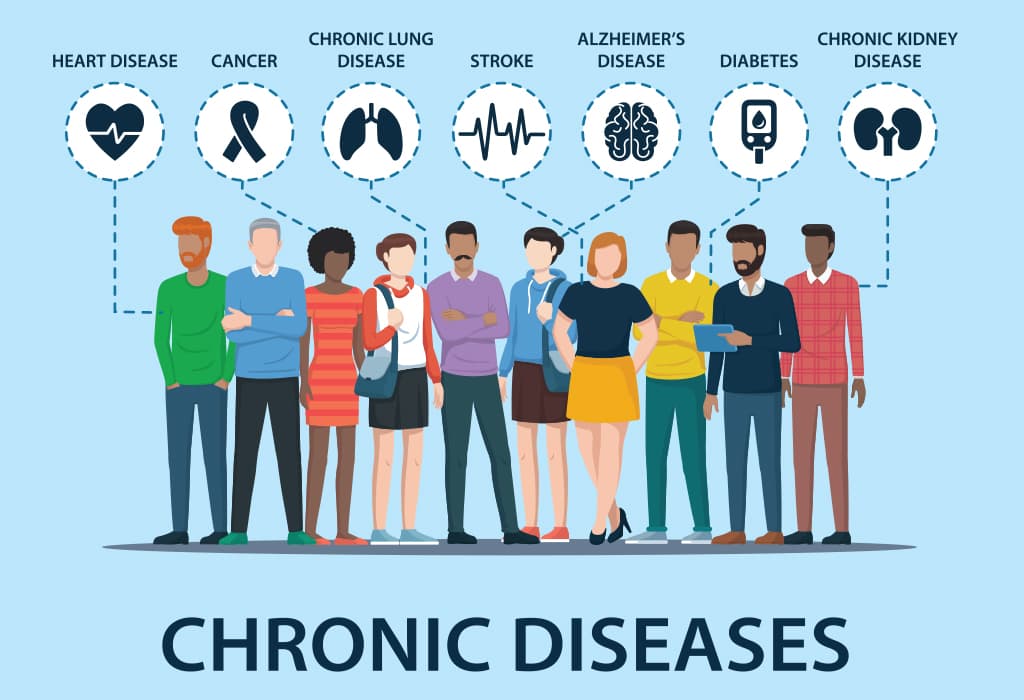The health care industry has always been at the forefront of innovation and technological advancement, and the future looks even more promising. With the advent of new technologies, the way health care is delivered is changing, making it more accessible, affordable, and efficient. In this article, we will discuss the future of health care, including innovations and technologies that will change the industry.
Telehealth
Telehealth is an emerging trend in health care that allows patients to receive medical care remotely. It involves the use of technology such as video conferencing, remote monitoring devices, and mobile health apps to deliver health care services. Telehealth is transforming health care by making it more accessible, especially in remote and underserved areas. It also reduces the cost of health care services and improves patient outcomes.
Artificial Intelligence (AI)
AI is revolutionizing the health care industry by improving patient outcomes, reducing costs, and increasing efficiency. AI-powered technologies can analyze large amounts of data and provide insights that help health care providers make better decisions. AI can also help in predicting disease outbreaks and developing personalized treatment plans for patients.
3D Printing
3D printing is another emerging technology that is transforming the health care industry. It allows health care providers to create customized medical devices, prosthetics, and implants that fit the patient’s specific needs. This technology is particularly useful in complex surgeries where traditional methods may not work.
Wearable Technology
Wearable technology is becoming more prevalent in the health care industry, providing patients with real-time health monitoring and data tracking. Devices such as smartwatches, fitness trackers, and glucose monitors can help patients manage chronic conditions and improve their overall health.
Blockchain
Blockchain technology is being explored in the health care industry to improve patient privacy, data security, and interoperability. It can also facilitate the sharing of health care data between providers, reducing duplication of tests and improving patient outcomes.
Precision Medicine
Precision medicine is an emerging field that uses genetic information to develop personalized treatment plans for patients. This approach considers a patient’s unique genetic makeup, lifestyle, and environmental factors to develop individualized treatment plans that are more effective and efficient.
Nanomedicine
Nanomedicine involves the use of nanotechnology in health care to deliver targeted therapies to specific areas of the body. It has the potential to revolutionize the treatment of cancer, neurological disorders, and other conditions.
Conclusion
In conclusion, the future of health care is exciting, and innovations and technologies are driving the industry forward. From telehealth to AI, 3D printing to precision medicine, the health care industry is becoming more accessible, affordable, and efficient. As technology continues to advance, the health care industry will continue to evolve, providing patients with better outcomes and improving overall population health.





